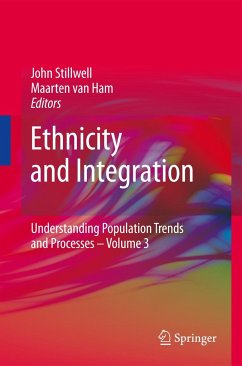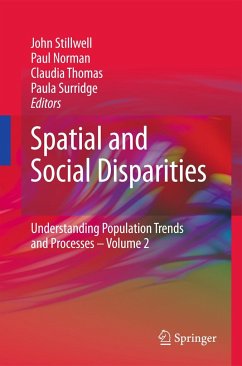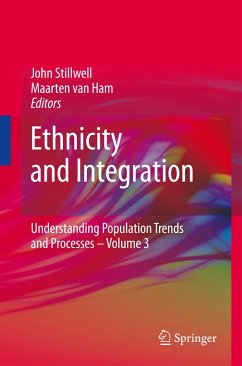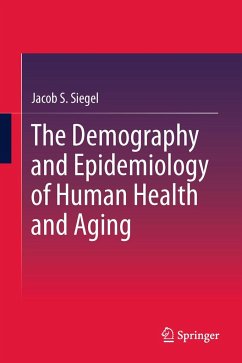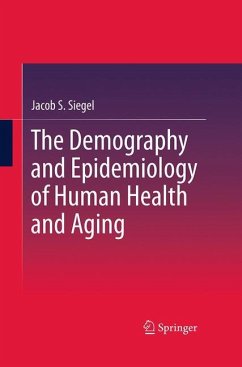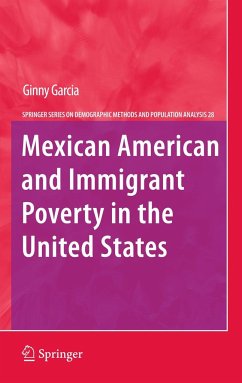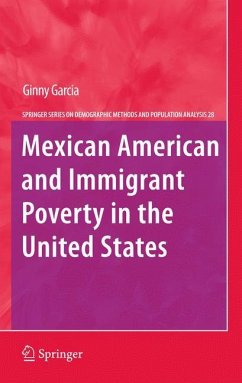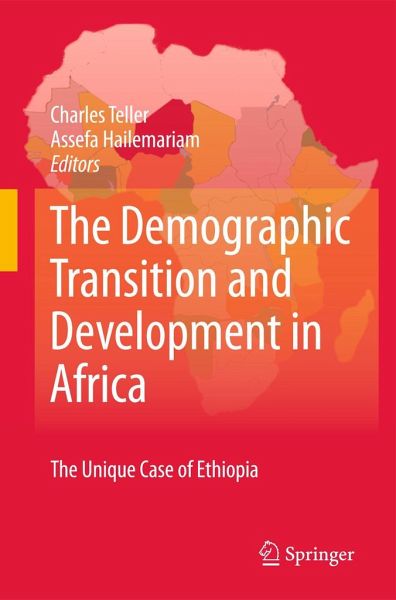
The Demographic Transition and Development in Africa
The Unique Case of Ethiopia
Herausgegeben: Teller, Charles; Hailemariam, Assefa

PAYBACK Punkte
38 °P sammeln!
"The heated Malthusian-Bosrupian debates still rage over consequences of high population growth, rapid urbanization, dense rural populations and young age structures in the face of drought, poverty, food insecurity, environmental degradation, climate change, instability and the global economic crisis. However, while facile generalizations about the lack of demographic change and lack of progress in meeting the MDGs in sub-Saharan Africa are commonplace, they are often misleading and belie the socio-cultural change that is occurring among a vanguard of more educated youth. Even within Ethiopia,...
"The heated Malthusian-Bosrupian debates still rage over consequences of high population growth, rapid urbanization, dense rural populations and young age structures in the face of drought, poverty, food insecurity, environmental degradation, climate change, instability and the global economic crisis. However, while facile generalizations about the lack of demographic change and lack of progress in meeting the MDGs in sub-Saharan Africa are commonplace, they are often misleading and belie the socio-cultural change that is occurring among a vanguard of more educated youth. Even within Ethiopia, the second largest country at the Crossroads of Africa and the Middle East, different narratives emerge from analysis of longitudinal, micro-level analysis as to how demographic change and responses are occurring, some more rapidly than others. The book compares Ethiopia with other Africa countries, and demonstrates the uniqueness of an African-type demographic transition: a combination of poverty-related negative factors (unemployment, disease, food insecurity) along with positive education, health and higher age-of-marriage trends that are pushing this ruggedly rural and land-locked population to accelerate the demographic transition and stay on track to meet most of the MDGs. This book takes great care with the challenges of inadequate data and weak analytical capacity to research this incipient transition, trying to unravel some of the complexities in this vulnerable Horn of Africa country: A slowly declining population growth rates with rapidly declining child mortality, very high chronic under-nutrition, already low urban fertility but still very high rural fertility; and high population-resource pressure along with rapidly growing small urban places"





